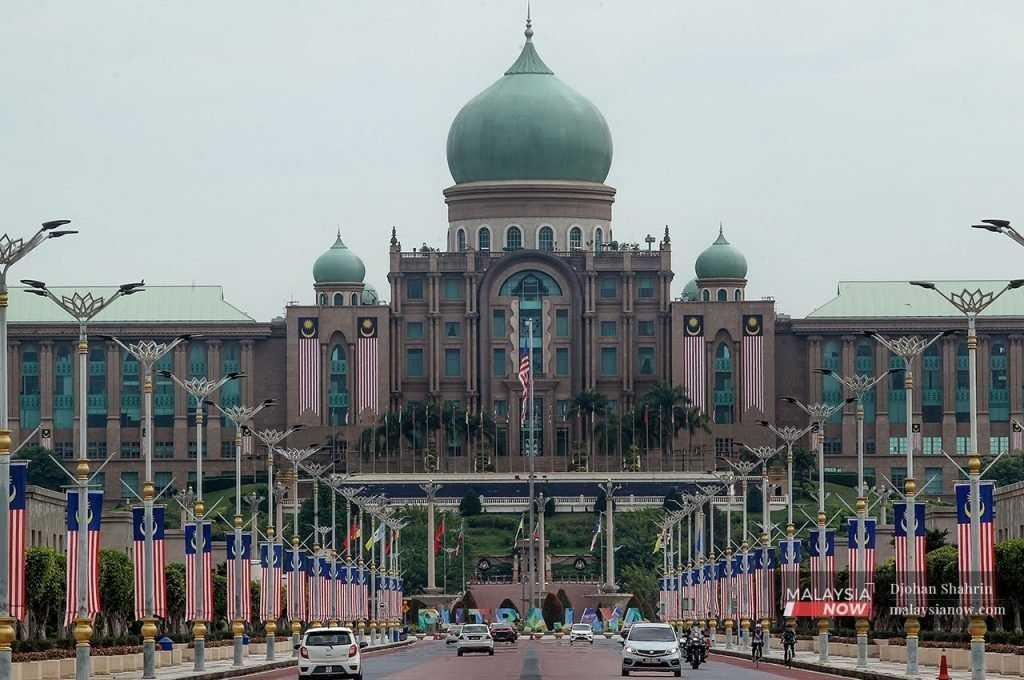Support from 148 MPs for coalition govt still strong, says Umno man
The coalition government secretariat head also denies that the administration is a 'one-man show'.
Just In
The support of the 148 MPs who signed the cooperation agreement to establish the coalition government is still intact, said Asyraf Wajdi Dusuki.
The head of the coalition government secretariat also denied claims that the government is not strong, saying that discussions or negotiations between all parties are held every week.
“The support from all 148 MPs who signed the unity government MoU (memorandum of understanding) is intact. This is not a one-man show (and) no single party dominates the others. We always have room to communicate.
“It’s normal for some to feel uneasy with our strength. They are jealous because they did not get to form the government first,” he said at a press conference on the unity government national convention at Menara Dato Onn today.
Local media previously reported that Bersatu Supreme Council member Muhammad Faiz Na’aman had hinted at a movement to overthrow the coalition government when he wrote "126" in a Facebook post.
Meanwhile, Asyraf Wajdi, who is also Umno secretary-general, said negotiations for seat distributions for the six state elections had been very positive despite overlapping claims.
“So far, the cooperation between Barisan Nasional (BN) and Pakatan Harapan (PH) seems to be very good. There are overlapping claims because BN used to contest against PH and vice versa.
“However, discussions and negotiations are ongoing, and based on the report we received just now, I can say they have been very positive and constructive,” he said.
On Feb 22, the menteris besar and chief ministers of the six states – Selangor, Penang, Negeri Sembilan, Kedah, Terengganu and Kelantan – agreed to consider dissolving their respective state assemblies in the last two weeks of June to make way for state elections.
Subscribe to our newsletter
To be updated with all the latest news and analyses daily.
